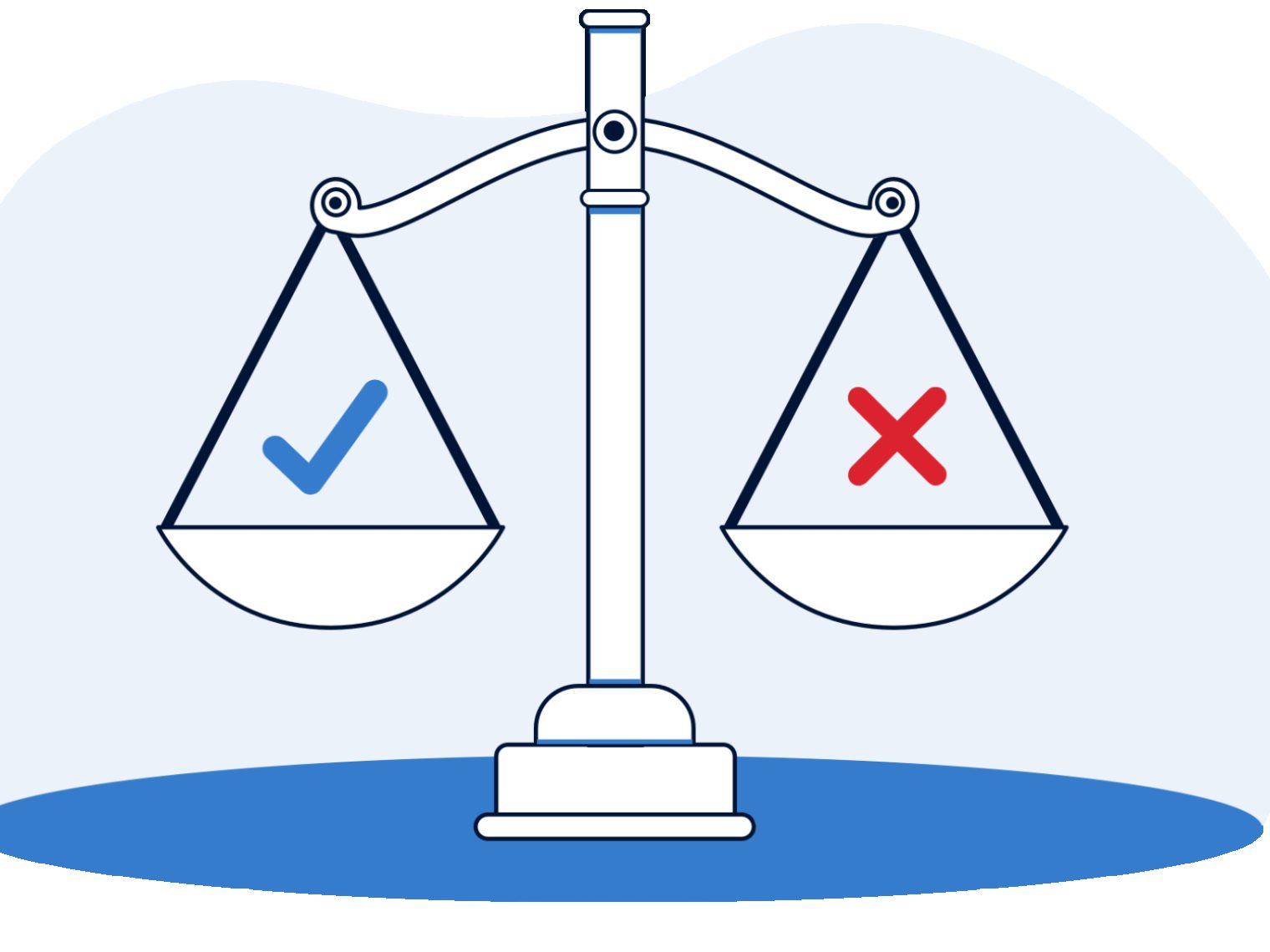Having flood insurance can save you from severe financial devastation, which is why it is required for VA loan buyers looking to purchase in high-risk flood zone areas.
Can you get a VA loan in a flood zone?
Generally, if the residential property is in a flood zone, buyers will need to obtain flood insurance through the National Flood Insurance Program or a private insurer.
Many first-time homebuyers are surprised to learn that standard homeowners insurance doesn't cover flooding. Flood insurance is a separate type of policy, and it can be an essential part of securing a VA loan for some buyers.
When it's called for, a flood insurance policy is a requirement for VA lenders to finalize your home loan. This specialized form of insurance helps protect both lenders and homeowners. Standard policies tend to offer separate coverage for structures and belongings.
Property Flood Certifications and Insurance Requirements
Once you're under contract on a home, lenders typically order a flood certification for the property, regardless of where you're buying.
A property flood certification is an assessment that provides information about the flood risk associated with a specific property. VA lenders often work with third parties for flood certification. These companies will evaluate the property based on current flood maps, parcel boundaries and other tools.
The Federal Emergency Management Agency (FEMA) designates any area with a 1% or higher chance of flood per year as high risk. High-risk areas have at least a one-in-four chance of flooding during a 30-year mortgage.
FEMA administers the National Flood Insurance Program (NFIP), which aims to reduce the financial burden of flood damage on property owners and taxpayers while promoting responsible floodplain management.
Requirements for NFIP Participating Communities
If the area you're buying in is deemed at high risk for flooding, you must purchase flood insurance. However, it is possible for a part of the property to be in a flood zone while the home is on higher ground, above the base flood elevation. Flood maps typically make this determination, but not always.
If you think a property is incorrectly designated in a high-risk flood zone, you can hire a surveyor or engineer to map and certify the property's elevation.
The buyer can then petition FEMA to update its flood map. Keep in mind that lenders would need FEMA to make the change and obtain an updated flood certification for you to avoid paying flood insurance.
Requirements for non-NFIP Participating Communities
Some communities aren't part of the National Flood Insurance Program. FEMA won't have flood maps and flood zone designations for these areas, but lenders still require flood certification for properties in non-participating communities.
A professional elevation certification must be conducted to prove the home isn't in a flood zone. If the certification determines the location is in a flood zone, would-be VA borrowers may encounter difficulties. The U.S. Department of Housing and Urban Development (HUD) states that federal assistance cannot be used to purchase a home not participating in NFIP but located in a flood zone.
This means buyers looking to use government-backed loan programs such as VA, FHA and USDA would likely need to resume their home search.
Flood Insurance Escrow Requirements
Borrowers often need to pay the flood insurance premium upfront, although it's possible to pay it at closing. In either case, VA buyers can negotiate with the seller to reimburse this cost at closing. Prospective buyers may also be able to assume the current homeowner's flood insurance policy.
Like homeowners insurance, buyers will have to escrow funds for flood insurance. And, as with homeowners insurance, lenders will consider those expenses when calculating your debt-to-income ratio and your residual income.
You May Have to Pay in the Future
It's important to understand that the home you're buying might not be in a flood zone today, but it could be tomorrow. FEMA updates flood maps when warranted, which means your property could require flood insurance later in your mortgage term.
The government notifies mortgage servicers when this happens, and it's the servicer's job to let affected homeowners know they need to obtain flood insurance.
How We Maintain Content Accuracy
Veterans United often cites authoritative third-party sources to provide context, verify claims, and ensure accuracy in our content. Our commitment to delivering clear, factual, and unbiased information guides every piece we publish. Learn more about our editorial standards and how we work to serve Veterans and military families with trust and transparency.
Related Posts
-
 VA Renovation Loans for Home ImprovementVA rehab and renovation loans are the VA's answer to an aging housing market in the United States. Here we dive into this unique loan type and the potential downsides accompanying them.
VA Renovation Loans for Home ImprovementVA rehab and renovation loans are the VA's answer to an aging housing market in the United States. Here we dive into this unique loan type and the potential downsides accompanying them. -
 Pros and Cons of VA LoansAs with any mortgage option, VA loans have pros and cons that you should be aware of before making a final decision. So let's take a closer look.
Pros and Cons of VA LoansAs with any mortgage option, VA loans have pros and cons that you should be aware of before making a final decision. So let's take a closer look.

